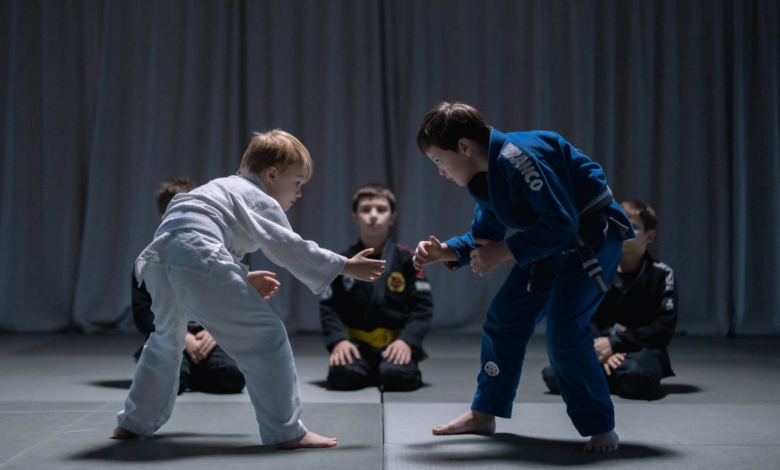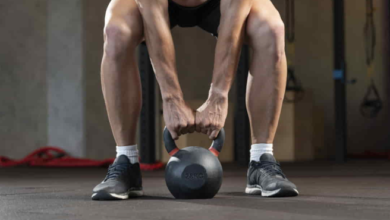How Martial Arts Helps Your Child Develop Focus and Self-Defense Skills

Raising a child in today’s busy world comes with unique challenges. Children face distractions from technology, school, and social pressures, making it important to guide them toward healthy activities. One activity that offers both physical and mental benefits is martial arts. Practicing martial arts can help your child develop focus, discipline, and self-defense skills, all while building confidence and promoting overall well-being.
Developing Focus Through Martial Arts
Focus is an essential skill for children. In classrooms and daily life, the ability to pay attention and concentrate can significantly impact a child’s learning and behavior. Martial arts training requires children to follow instructions carefully, memorize techniques, and perform movements precisely.
During a typical martial arts class, children must listen to their instructor, watch demonstrations, and practice their techniques repeatedly. This constant practice helps them improve their attention span and teaches them how to stay present in the moment. Over time, children learn to control distractions and concentrate on tasks, which can positively influence their academic performance and everyday activities.
Martial arts also teach children the value of patience. Mastering a new skill or advancing in rank requires consistent effort and perseverance. This structured learning process encourages children to stay committed to long-term goals, improving their focus both inside and outside the dojo.
Building Self-Defense Skills
Another key benefit of martial arts is the development of self-defense skills. In today’s world, teaching children how to protect themselves safely is important. Martial arts provides a controlled environment where children can learn practical techniques while understanding the importance of respect and responsibility.
Through martial arts, children learn how to respond to potentially dangerous situations calmly and confidently. They practice defensive movements, blocking techniques, and safe ways to escape from harm. These skills are not just physical; they also teach children to remain aware of their surroundings and make quick, thoughtful decisions.
Learning self-defense can also boost a child’s confidence. When children know they have the ability to protect themselves, they feel more secure and independent. This confidence often translates into social interactions, helping children handle peer pressure and stand up for themselves in a positive way.
Promoting Discipline and Respect
Discipline and respect are central values in martial arts training. Children are taught to respect their instructors, peers, and the training space. They also learn self-discipline through routines, rules, and structured practice.
Martial arts classes emphasize goal setting and achievement, such as earning belts or mastering specific techniques. Children learn that effort, consistency, and dedication lead to progress. These lessons in discipline and respect often carry over into other areas of life, including schoolwork, chores, and relationships with others.
Enhancing Physical and Mental Health
Martial arts is not just about focus and self-defense; it also improves physical health. Activities like kicking, punching, and stretching strengthen muscles, improve coordination, and enhance flexibility. Regular practice also promotes cardiovascular fitness and a healthy lifestyle.
Mentally, martial arts help children manage stress and emotions. Controlled breathing, meditation, and concentration exercises are often part of the training. These techniques teach children to calm their minds, stay composed under pressure, and respond thoughtfully rather than react impulsively.
See also: How to Pick the Best Cybersecurity Consultant in Irvine
Encouraging Social Interaction
Martial arts classes provide an excellent opportunity for children to interact with peers in a positive and structured environment. Children learn teamwork, cooperation, and communication while participating in drills and partner exercises. Making friends and practicing social skills in the dojo can help children feel more confident in other social settings.
Conclusion
Incorporating martial arts into your child’s routine offers far-reaching benefits. From developing focus and discipline to learning practical self-defense skills, martial arts provide children with tools to succeed both physically and mentally. The combination of structured training, physical activity, and personal growth makes martial arts an excellent choice for children of all ages. By encouraging your child to practice martial arts, you are helping them build confidence, resilience, and skills that will serve them for a lifetime.




